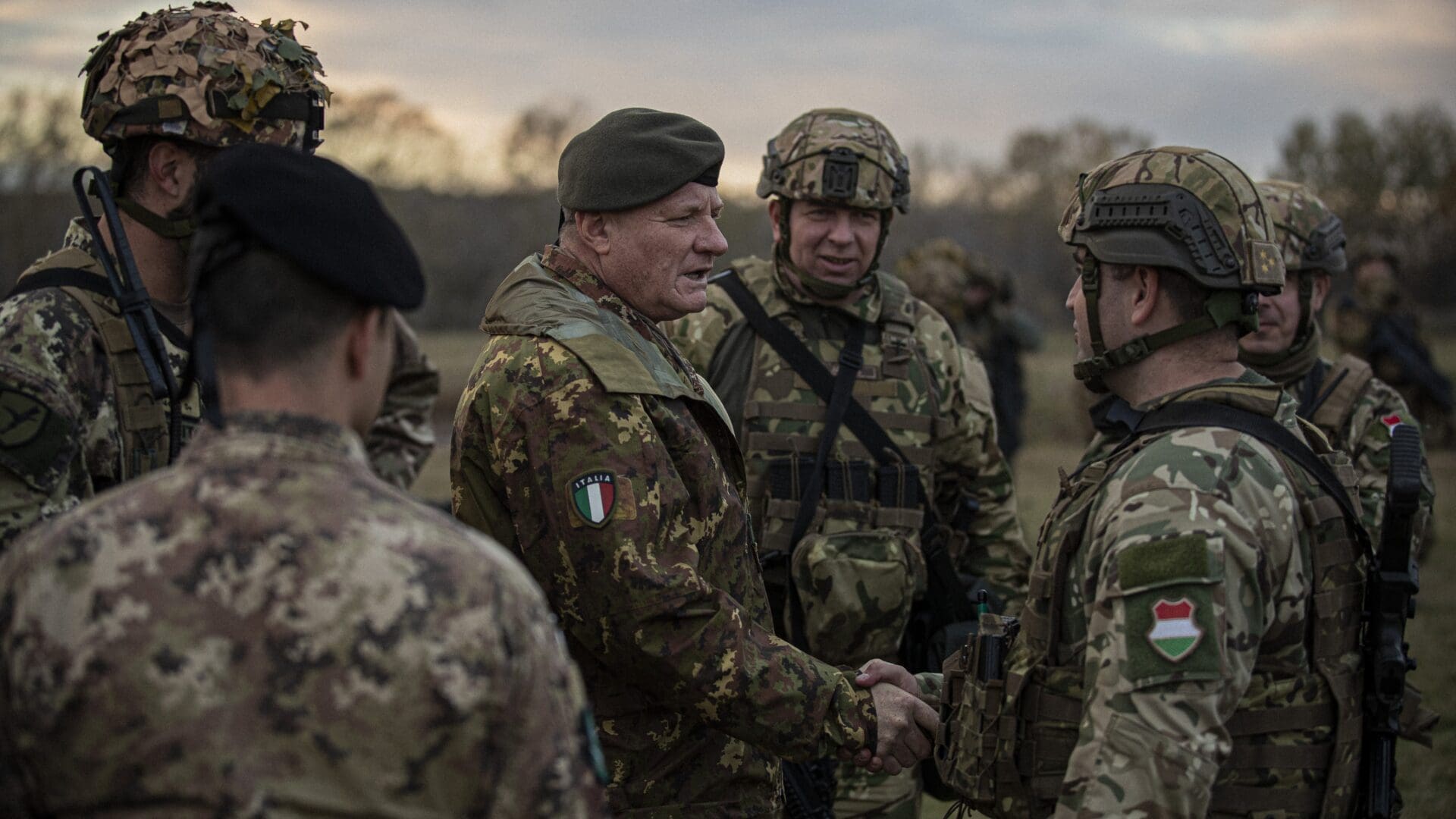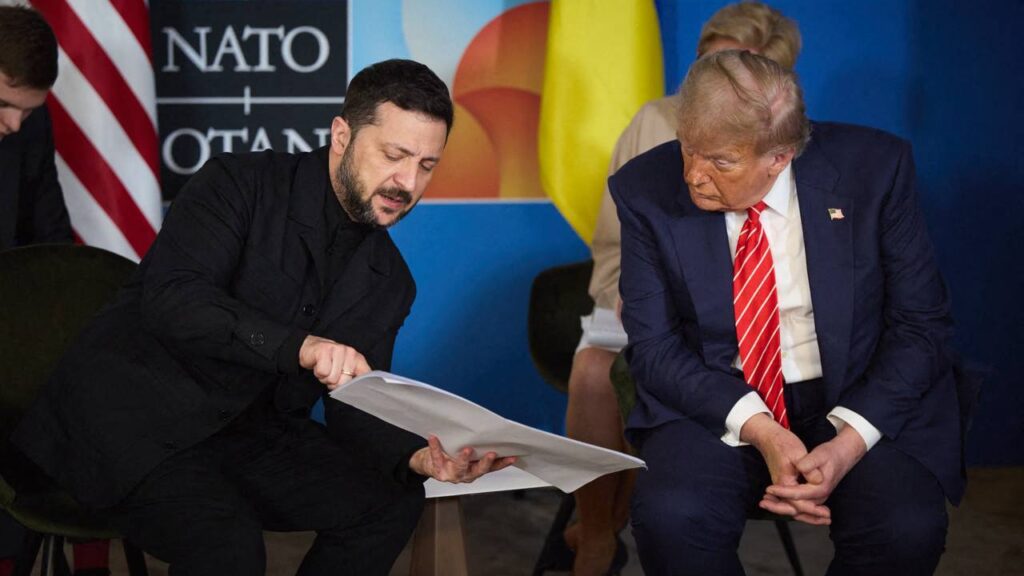The alliance is very grateful to Hungary for hosting one of NATO’s multinational battle groups, Lieutenant General Nicola Zanelli, Deputy Commander of NATO’s Land Command (LANDCOM), recently told honvedelem.hu. The deputy commander arrived in Hungary for the Adaptive Hussars 2023 multinational exercise.
The Lieutenant General explained that the main purpose of NATO’s forward presence battle groups is to demonstrate that the Alliance is ready to respond to any threat and, if necessary, defend every square inch of NATO territory.
NATO’s military presence in the eastern flank of the Alliance is a key part of the Alliance’s strengthened deterrence and defence posture, which has been enhanced in recent years to reflect the new security reality in the Euro-Atlantic area.
After Russia’s annexation of Crimea in 2014 and full-scale invasion of Ukraine in 2022 NATO has responded by significantly strengthening its readiness to protect and defend all Allies. Thus, in recent years, Allies have enhanced NATO’s forward presence by establishing eight multinational battlegroups in Bulgaria, Estonia, Hungary, Latvia, Lithuania, Poland, Romania and Slovakia, provided by framework nations and other contributing Allies on a voluntary, fully sustainable and rotational basis. All eight battlegroups are fully combat-capable formations, however, they are not identical:
their sizes and compositions are tailored to specific geographic factors and threats.
Troops and personnel from NATO Allies serve, train and exercise together in the eastern flank of the Alliance, representing a strong expression of unity and solidarity. Hungary is also a host nation and a framework nation for one of the eight battlegroups with Croatia, Italy, Türkiye and the United States as contributing nations.
‘Hungary’s geographical location gives it an important role on the eastern flank of the alliance. We are pleased that the country’s politicians and military leaders are placing great emphasis on enhanced forward presence multinational battle groups and, if the situation so requires, will raise their strength to brigade level. This is important because there is no one else on the ground who can respond immediately and confront a potential threat. We must deter our opponents from engaging in combat, thus preventing a crisis from erupting. The Alliance is very grateful to Hungary for hosting one of these battle groups’,
Nicola Zanelli underlined.
The Deputy Commander, who was in Hungary to represent the NATO Allied Command Land Command, thanked the Hungarian Chief of General Staff, General Gábor Böröndi, for the invitation and underlined the importance of complex exercises like this one for the Alliance’s defence capabilities.
‘As far as I know, this is the first time that the Hungarian Defence Forces are preparing to defend and show their strength in deterrence at full spectrum. And to do so, it is also working with civilian actors in the defence administration, which is a huge effort because the exercise is nationwide. This is also important for the Alliance because if another NATO battle group should be deployed to the Eastern flank of the Alliance—for example to Hungary—it will require perfect coordination from the civil authorities. If a crisis has already arisen, there will be no time to exchange ideas, we need to gain such experience earlier. The Adaptive Hussars 2023 exercise is also of particular importance in this respect,’
Deputy Commander Zanelli highlighted.
He added that within NATO, LANDCOM is responsible for the joint training of ground forces and for ensuring that they are ready to deploy in a timely manner. This is why they pay special attention to countries like Hungary, which host one the NATO’s enhanced forward presence Battle Group and provide them with all the support they require.
Between 6 and 17 November, Hungary held a multinational, complex military exercise named Adaptive Hussars 2023, the largest exercise in the country in the last 30 years. With participants from Italy, Türkiye, Croatia and the US the drill was aimed to enhance Hungary’s defence capabilities and test the cooperation between civil administration and the military. The exercise involved land, air and maritime forces, and moved around 5,000 Hungarian troops, including 500 reservists and some hundreds of foreign soldiers to improve cooperation between NATO forces from different countries.
Read more:








